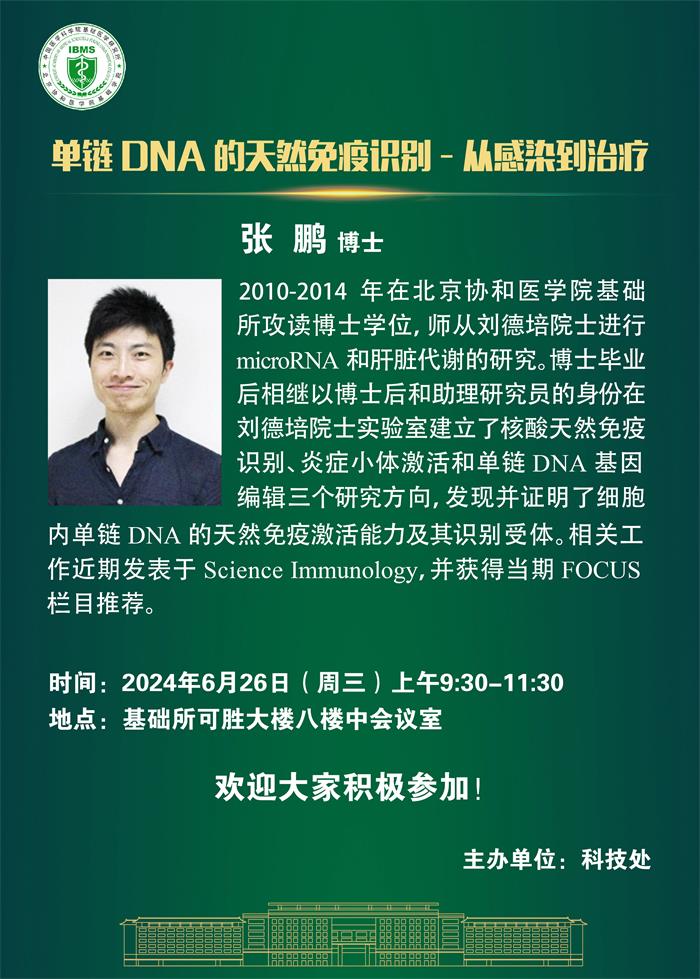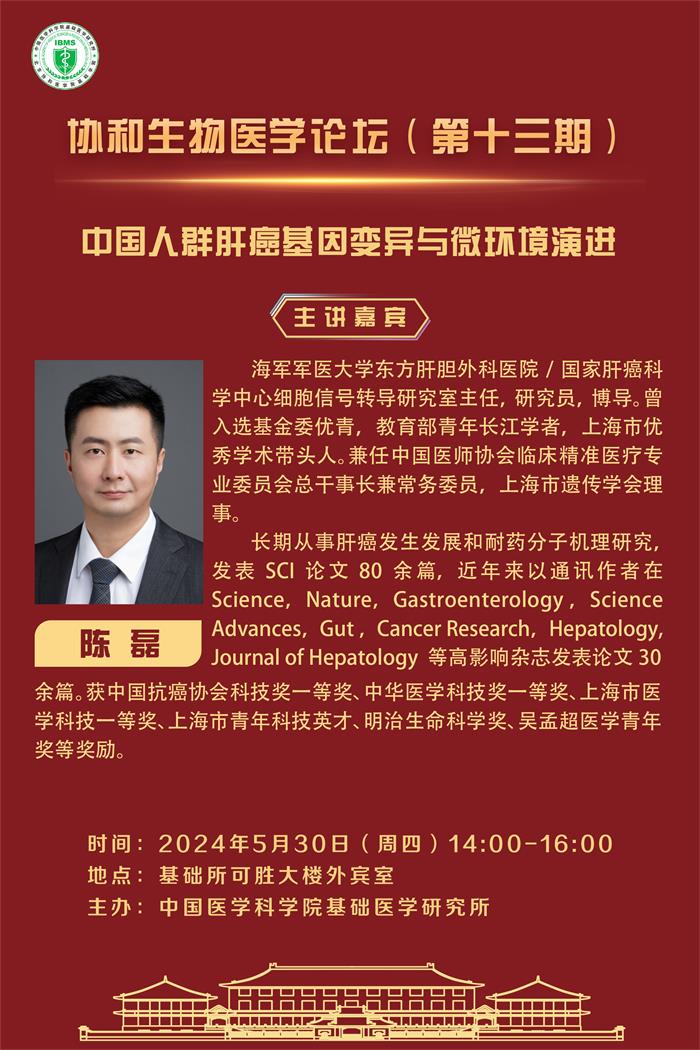Suppression of hepatocellular carcinoma proliferation and hepatitis B surface antigen secretion with interferon-λ1 or PEG-interferon-λ1.
Tian S1, Hui X2, Fan Z1, Li Q1, Zhang J1, Yang X1, Ma X1, Huang B3, Chen D3, Chen H3.
FASEB J. 2014 Aug;28(8):3528-39.
PMID: 24769671
Abstract
Hepatocellular carcinoma (HCC) is a common cancer associated with chronic hepatitis B virus (HBV) infection. Conventional interferon-α (IFN-α) and pegylated IFNs (PEG-IFNs) approved for chronic HBV infection treatment can reduce the risk of HCC but are not suitable for the majority of patients and cause significant side effects. IFN-λ1 is a type III IFN with antiviral, antiproliferative, and immunomodulatory functions similar to type I IFNs but with fewer side effects. However, the tolerability and antitumor activity of PEG-IFN-λ1 in HCC xenograft mice are unknown. In vitro IFN-λ1 treatment of Hep3B and Huh7 human hepatoma cell lines increased MHC class I expression, activated JAK-STAT signaling pathways, induced IFN-stimulated gene expression, and inhibited hepatitis B surface antigen (HBsAg) expression. IFN-λ1 treatment also caused 23.2 and 19.9% growth inhibition of Hep3B and Huh7 cells, respectively, and promoted cellular apoptosis. PEG-IFN-λ1, but not IFN-λ1 treatment, significantly suppressed tumor growth (P=0.002) and induced tumor cell apoptosis in a Hep3B cell xenograft mouse model without significant weight loss or toxicity. PEG-IFN-λ1 also significantly inhibited (P=0.000) serum HBsAg secretion from Hep3B xenograft tumors in vivo. Thus, PEG-IFN-λ1 can suppress Hep3B xenograft tumor growth and inhibit HBsAg production and may be a potential treatment for HBV-related HCC.





